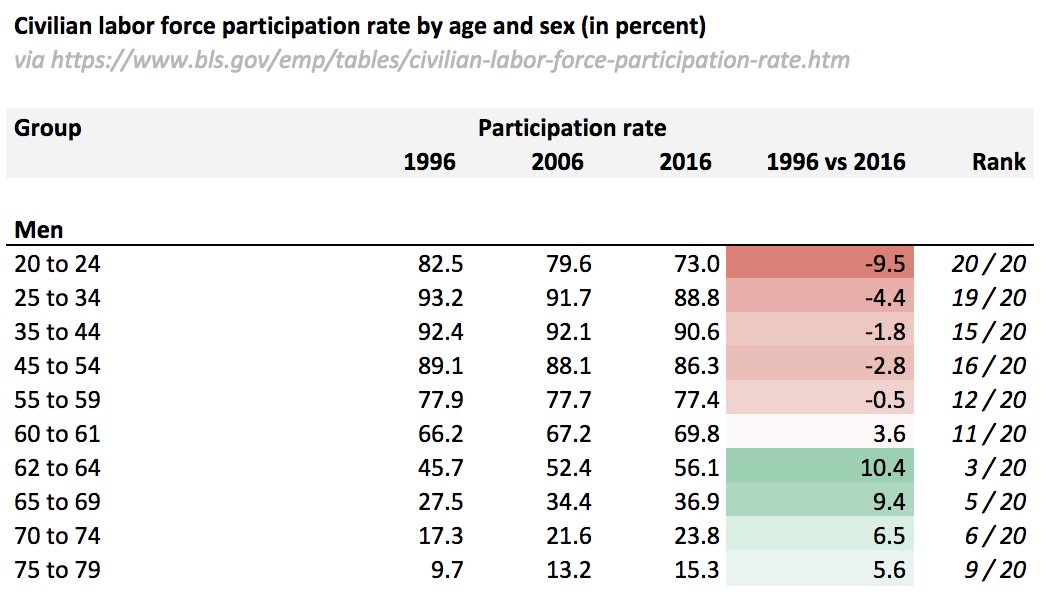
When @brian_armstrong and I started @coinbase in 2012, a #bitcoin was worth $6 and only known by a few nerds on the internet. #bitcoin was the crazy idea that the world could have a digital money for everyone.
@coinbase had one mission: to make crypto easy to use.
@coinbase had one mission: to make crypto easy to use.
Beginnings were not glamorous. @coinbase launched out of a two bedroom apartment we shared with another company.
We were far from conventional. For our first hire, we selected a whip smart fanatical lumberjack over a Google manager.
Over time, crypto grew, and so did the company. A simple #Bitcoin wallet evolved into individual and institutional products to support a blossoming cryptoeconomy. 2 nerds who met on the internet (yes, @brian_armstrong and I met on @reddit) turned into a company of 1000+.
There was serious hardship. In the 3 years between 2014 and 2017, the outside world thought crypto was dead. Over a third of employees left.
Yet crypto kept building. @ethereum came on the scene and showed that crypto native applications were possible, opening up a whole new world of possibilities.
Today, almost 10 years later, crypto is a sprawling ecosystem quickly redefining money, the financial system, and, ambitiously, the internet itself.
Entrepreneur quantity and quality flowing into the ecosystem astonishes daily, tackling everything from centralized infrastructure (brokerages, exchanges, custodians), to crypto-native financial tools (DeFi), to new ways of owning and using digital media (NFTs).
Top academic institutions offer crypto classes which are some of the schools' most highly attended. @Harvard,
@DukeU, @MIT, @Stanford, and many more have dedicated cryptocurrency institutes.
@DukeU, @MIT, @Stanford, and many more have dedicated cryptocurrency institutes.
Institutions have adopted, including banks, asset managers, fintech companies, and even non-financial services companies.
A #Bitcoin is now worth $63,000. Cryptoassets are cumulatively worth ~$2 trillion.
And crypto is just getting started. We are ~1% into the most important technology of the coming decades.
Crypto will redefine money and information, the two fundamental ways the world coordinates.
Crypto will redefine money and information, the two fundamental ways the world coordinates.
I feel honored to be a small part of this journey which will transform society for the better. I salute all the crypto builders exploring this fertile and critically important frontier. And I look forward to seeing what we all create together.
Thank you Satoshi, whoever you are.
• • •
Missing some Tweet in this thread? You can try to
force a refresh



